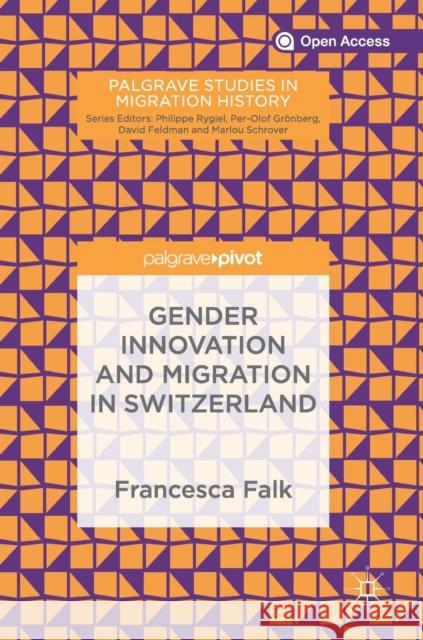Gender Innovation and Migration in Switzerland » książka
topmenu
Gender Innovation and Migration in Switzerland
ISBN-13: 9783030016258 / Angielski / Twarda / 2018 / 96 str.
Kategorie BISAC:
Wydawca:
Palgrave Pivot
Seria wydawnicza:
Język:
Angielski
ISBN-13:
9783030016258
Rok wydania:
2018
Wydanie:
2019
Ilość stron:
96
Waga:
0.28 kg
Wymiary:
21.01 x 14.81 x 0.79
Oprawa:
Twarda
Wolumenów:
01
Dodatkowe informacje:
Wydanie ilustrowane











